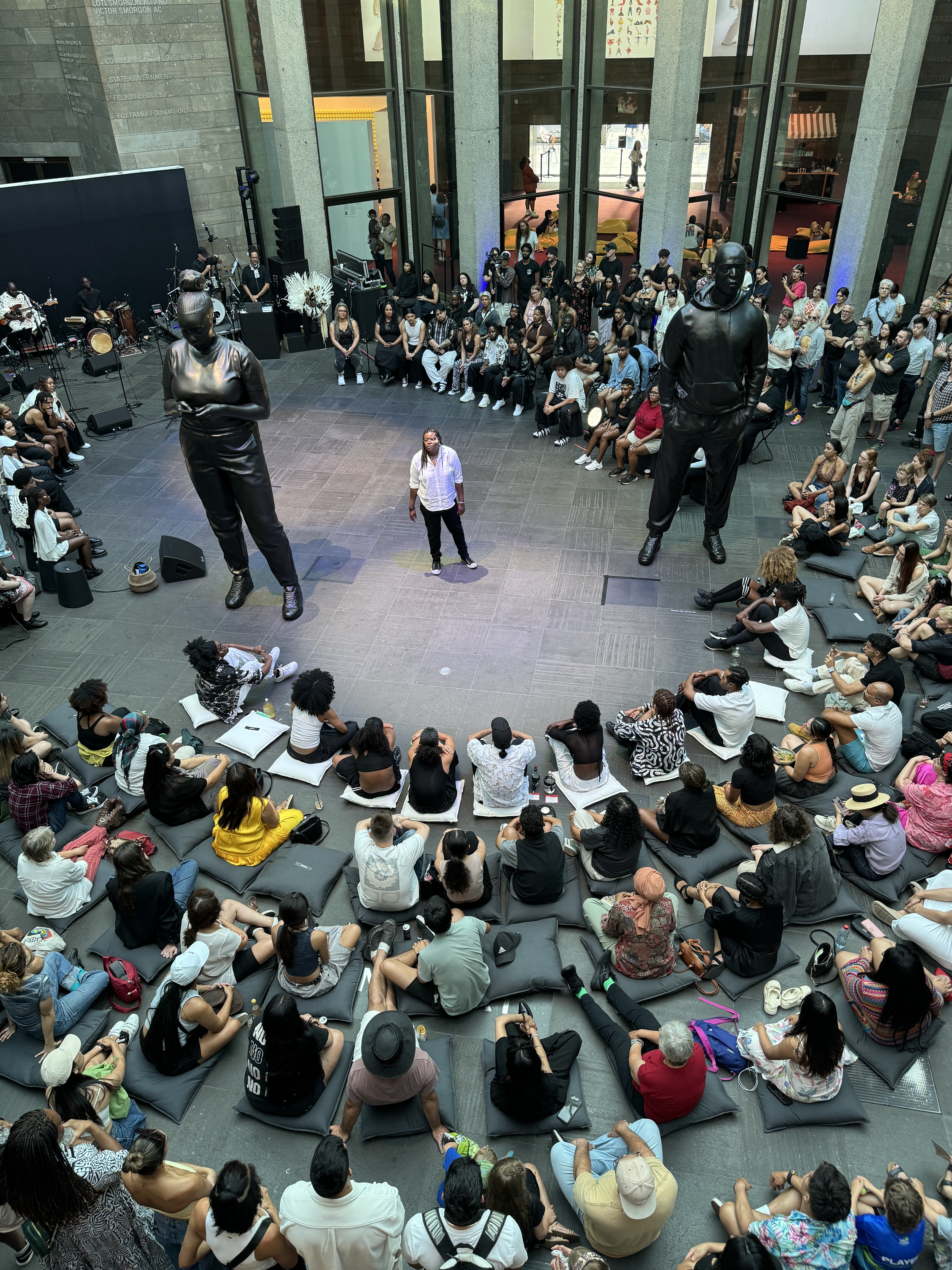Etiqueta: adopción transracial
-

Afrocentric
Ebony Hickey, a Haitian Australian intercountry adoptee performed in Afrocentric at the Victorian Gallery of Victoria. We share her voice performance and photos
-
Vietnamese mother searching for her daughter
Vietnamese mother searching for her daughter adopted to either Belgium or France
-
Reunification with my Colombian Family
A Colombian Australian intercountry adoptee shares their story of reunification with biological family.
-
AntiRacism Online Workshops for Transracial Adoptive Parents
ICAV y HUE brindan un taller en línea para personas adoptadas y familias para explorar la raza, el racismo, cómo ser un aliado contra el racismo como algunos de nuestros problemas centrales en la adopción.
-
Búsqueda en Adopción Internacional por Expertos en Adoptados
ICAV presenta un webinar sobre Búsqueda el 23 de abril de 2023 de la experiencia vivida y de quienes brindan un servicio formal de búsqueda y soporte.
-
El duelo del adoptado y la meditación zen
Desiree comparte su viaje de reconocer y aceptar los sentimientos de dolor y pérdida que surgen durante la meditación zen. Todos tratamos de encontrar caminos hacia la curación.